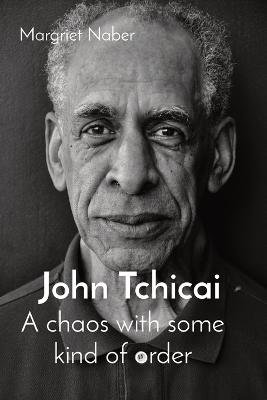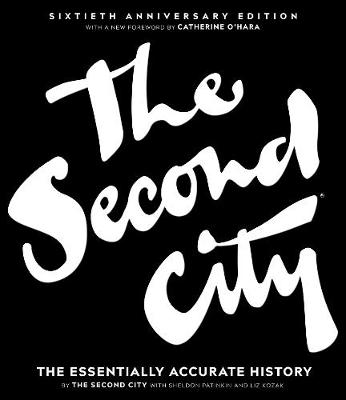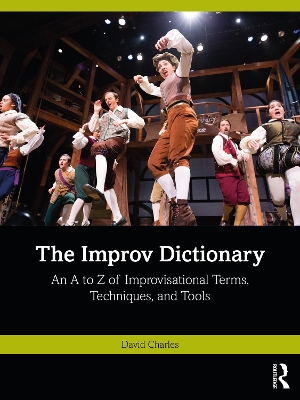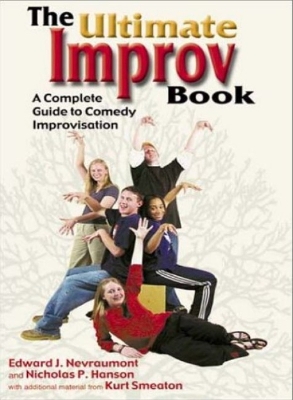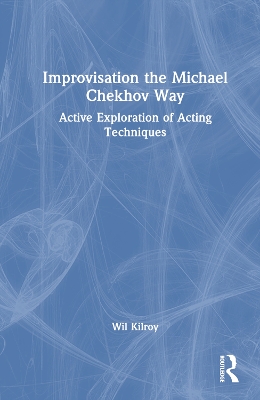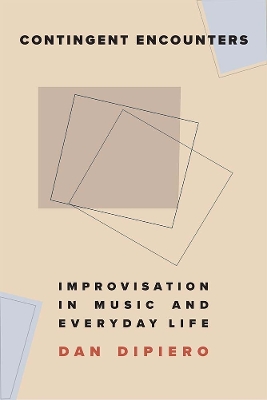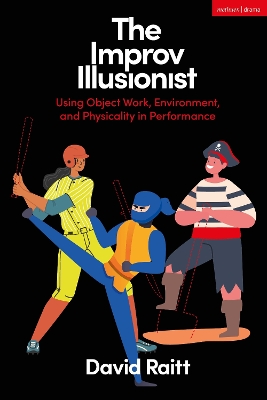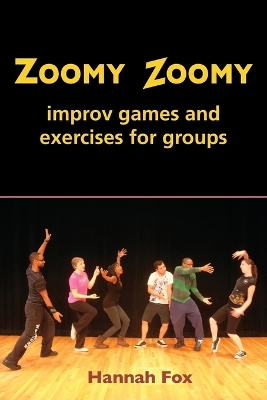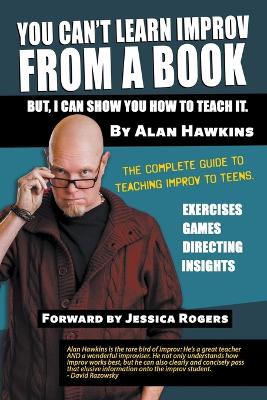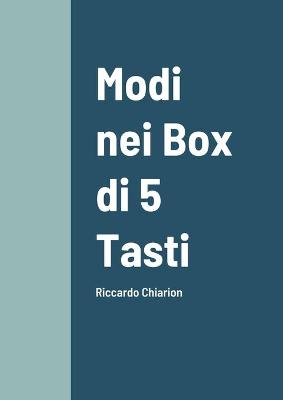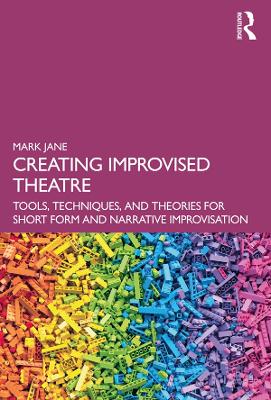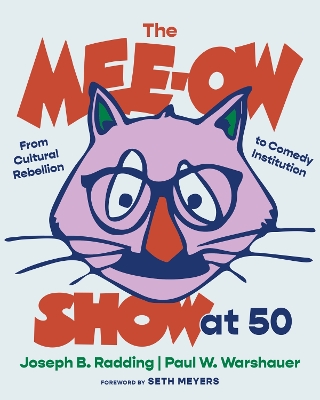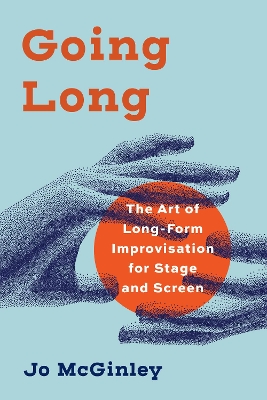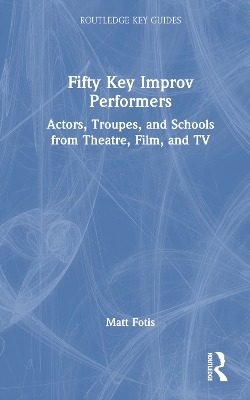“Chicago's temple of improvisational comedy.” —New York Times Since opening in 1959, The Second City has transformed the state of comedy as we know it, creating a wickedly funny culture of improvisation and training thousands of artists—who now dominate popular entertainment—in the art of improv-based theater. This newly revised and expanded edition of The Second City tells the story of the legendary comedy institution and the Emmy-winning sketch comedy classic SCTV, folding new material and...
The Improv Dictionary: An A to Z of Improvisational Terms, Techniques, and Tools explores improvisational approaches and concepts drawn from a multitude of movements and schools of thought to enhance spontaneous and collaborative creativity. This accessible resource reveals and interrogates the inherited wisdoms contained in the very words we use to describe modern improv. Each detailed definition goes beyond the obvious clichés and seeks a nuanced and inclusive understanding of how art of the...
Improvisation the Michael Chekhov Way: Active Exploration of Acting Techniques provides readers with dozens of improvisational exercises based on the acting techniques of Michael Chekhov. The book features key exercises that will help the actor explore improvisation and expand their imagination through the technique. Exercises that have been successfully taught for decades via the intensive trainings from the National Michael Chekhov Association are now clearly laid out in this book, along with...
Contingent Encounters offers a sustained comparative study of improvisation as it appears between music and everyday life. Drawing on work in musicology, cultural studies, and critical improvisation studies, as well as his own performing experience, Dan DiPiero argues that comparing improvisation across domains calls into question how improvisation is typically recognized. By comparing the music of Eric Dolphy, Norwegian free improvisers, Mr. K, and the Ingrid Laubrock/Kris Davis duo with improv...
Object work, environment and physicality are essential for improvisational theatre. Skilled improvisers can draw audiences into the performance by helping them see things that aren’t there.The Improv Illusionist is the first book dedicated to physical improv. It reveals why these skills are so important, how to fix bad habits that develop over time and practical techniques for being more physical on stage.The book features over 50 exercises to help improvisers develop their skills through solo a...
Creating Improvised Theatre: Tools, Techniques, and Theories for Short Form and Narrative Improvisation is a complete guide to improvised theatre for performers and instructors. This book provides a modern view of improvised theatre based on the rapid evolution of this art form, shedding new light on classic theories as well as developing lesser known and emerging techniques, such as the Trance Mask. Instead of simply referencing classic theories, the book revisits them and places them in the c...
The fifty-year history of the Mee-Ow Show at Northwestern University and its influence on contemporary comedy In the fall of 1973, two students at Northwestern University resolved to create something on stage that was wholly their own. Soon, they would be joined by a cohort of performers, musicians, and staff, and the resulting production would go on to launch the careers of scores of entertainment professionals, including some of the most well-known and awarded names in comedy today. This book...
Fifty Key Improv Performers highlights the history, development, and impact of improvisational theatre by highlighting not just key performers, but institutions, training centers, and movements to demonstrate the ways improv has shaped contemporary performance both onstage and onscreen. The book features the luminaries of improv, like Viola Spolin, Keith Johnstone, and Mick Napier, while also featuring many of the less well‑known figures in improvisation who have fundamentally changed the way...
